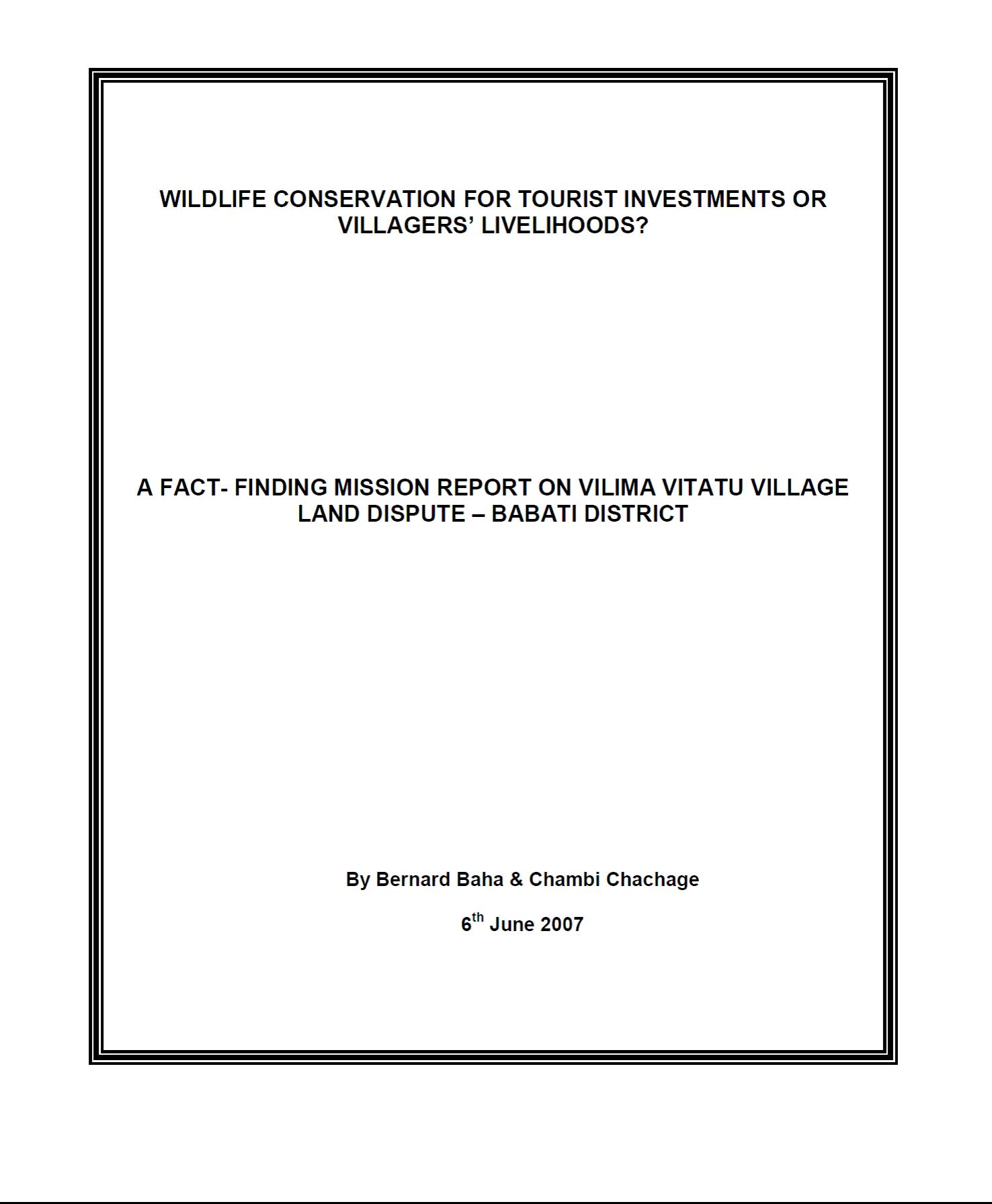Economic land concessions in Cambodia: A human rights perspective
Over 943,069 hectares of land in rural Cambodia have been granted to private companies as economic land concessions, for the development of agro-industrial plantations. Thirty-six of these 59 concessions have been granted in favour of foreign business interests or prominent political and business figures. These statistics exclude smaller economic land concessions granted at the provincial level, for which information on numbers and ownership has not been disclosed.





